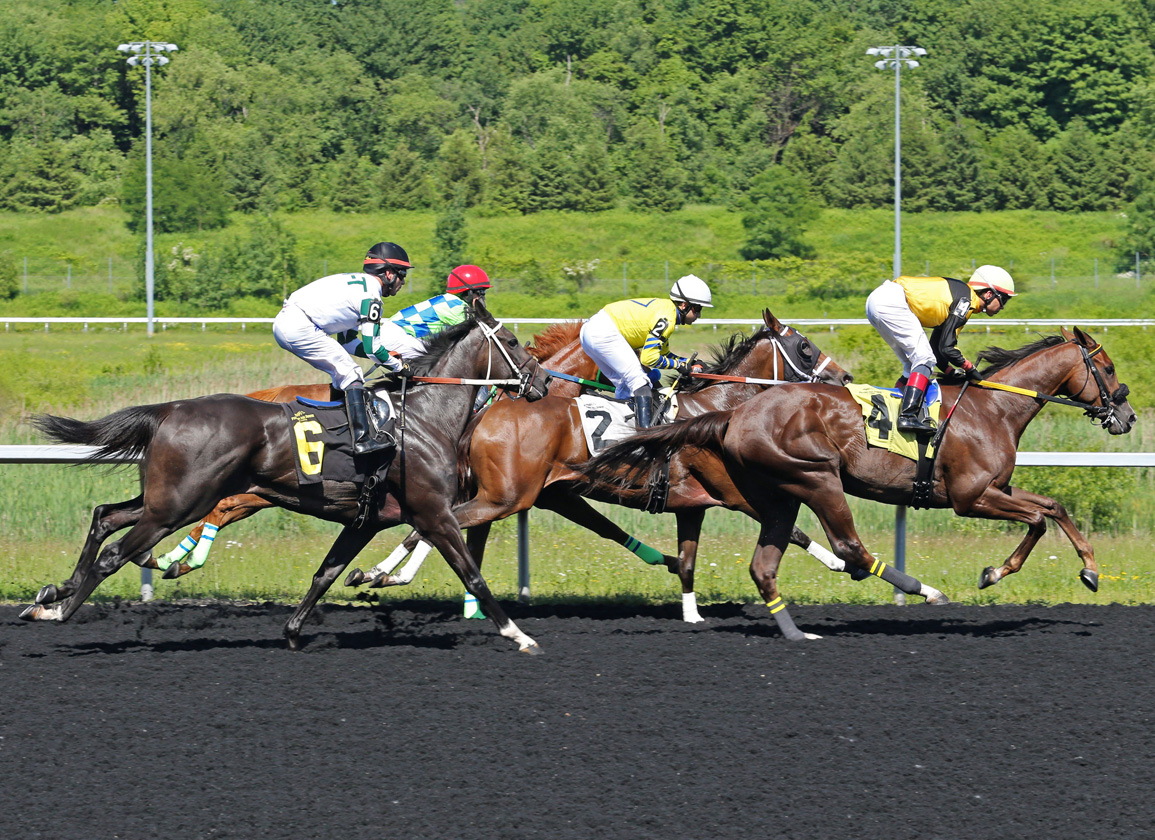By Dan Ross
On Thursday, the Horseracing Integrity and Safety Authority updated some important rules and deadlines concerning the impending racetrack safety portion launch of the Horseracing Integrity and Safety Act (HISA).
The Authority-the umbrella non-profit established by the Act-noted among other things that the registration deadline for certain “covered persons” has been pushed back a day, to July 2, and clarified some details about the transfer of claimed horse records.
Since issuing a cheat sheet to help guide industry participants through this process, the TDN has been fielding unanswered questions industry participants have about the process to register, and about the anticipated playing field come July 1, forwarding them to HISA for response.
The first three batches of reader questions, alongside HISA's responses, can be found here, here and here.
The latest batch of answers is below. Some of the questions have been edited for brevity and clarity.
The TDN has forwarded every question received, most of them concerned with the impending launch date, but some of them much broadly focused on the federal law in general and the draft Anti-Doping and Medication Control program.
Some of you might still be waiting for a response, however, because the organization has focused its attention to answering questions related to racetrack safety and registration, given the “push” to July 1, explained a HISA spokesperson.
HISA's formal website can be found here, and the online registration portal can be found here. Feedback on the draft ADMC rules should be sent to: admcfeedback@hisaus.org
Question: My main concern is with regards to the “responsible person” for a racehorse when they are given time off after leaving the racetrack, with the intention of returning to training after a lay-up or freshening. I feel that asking owners, many of whom are hands-off or elderly, to be responsible for record keeping, etc. while their horses are out of training, is a little unrealistic. If racehorses go to a lay-up farm that is not a “covered” facility, will HISA rules still apply?
HISA: The maintenance of medical and therapeutic records is still required during a lay-up period. The trainer can remain the responsible party if the owner agrees. Veterinary records need to be uploaded by the treating vet when a horse is at a lay-up facility.
Q: How do partners register their horses? My husband and I are considered partners? Do we each file separately? Or do we file as one owner, with both our names? Do we file as we are listed in the Daily Racing Form?
H: You both will need to register with HISA as owners, but only one of you has to be listed as the designated owner. The designated owner will be allowed to share information with other owners if they are registered.
Q: Why aren't Sales Companies (and consignors that are training young horses) covered under the rules as the 2-year-olds (and some are already named) breeze at these sales and the results are published?
H: The Horseracing Integrity and Safety Act did not give HISA the authority to regulate Sales Companies.
Q: Where can I read the best description of what a trainer at a local training center is required to do and track?
H: Recommend reviewing this fact sheet on HISA Trainer Requirements.
Q: Why is the use of therapeutic products like Bemer blankets and Magna Wave no longer going to be allowed within 48 hours of racing? It just doesn't make sense that we're prohibiting therapeutic treatments that make horses comfortable and don't affect their performance unless being comfortable is considered affecting performance.
H: It would be incorrect to say that the use of therapeutic products (like Beemer blankets and Magna Wave) is no longer going to be allowed. Therapeutic devices can be used in the treatment of racehorses. These devices are prohibited only when they would induce a pain masking effect (not a curative therapeutic effect) that would compromise the ability to determine an unsoundness in a horse before a high-speed event (timed work or race). The intent of the rule is to prevent horses that have an injury that was masked by pain relief from having a severe or catastrophic injury by performing a high-speed work or race while injured.
Q: What treatment do you recommend for a horse that has “popped” a curb or a splint now that firing/freeze firing/blistering are off the table?
H: Please see Announcement Concerning Enforcement of HISA Racetrack Safety Rules and Registration Requirements linked here.
Q: If claims can be voided if a horse bleeds and HISA has taken the simplest and most effective of treatments off the table with the banning of Lasix, how does this help the welfare and safety of the horse? People will resort to inhumane ways (that were used before Lasix was permitted) in order to get bleeders to a race.
H: Lasix are not prohibited under the Racetrack Safety Program which goes into effect July 1.
Not a subscriber? Click here to sign up for the daily PDF or alerts.






